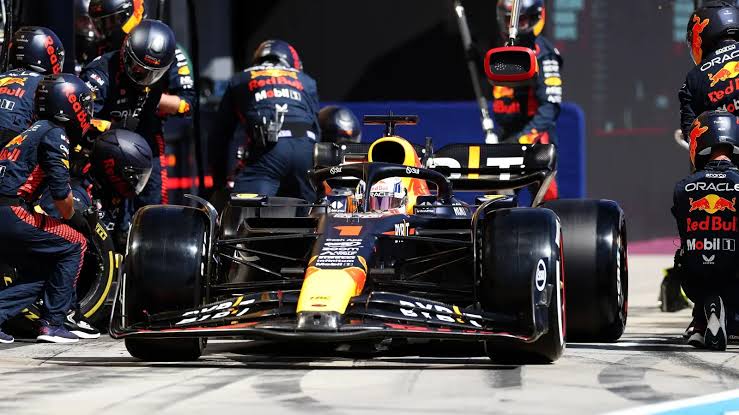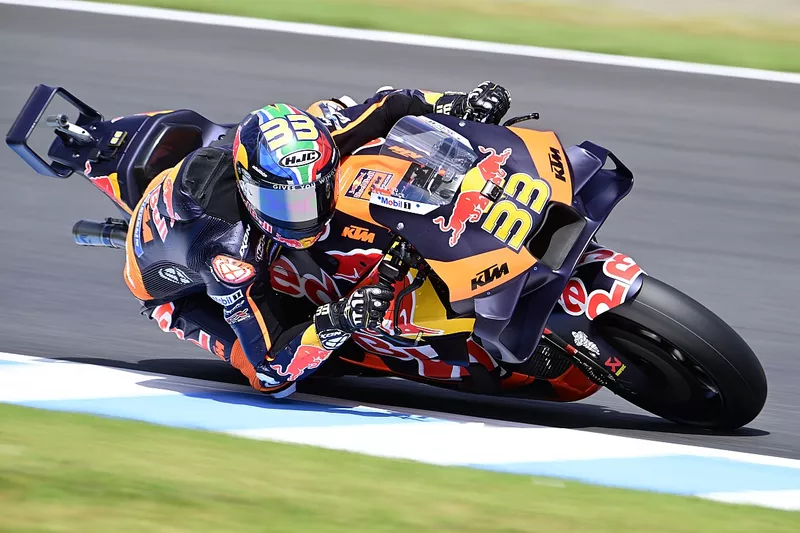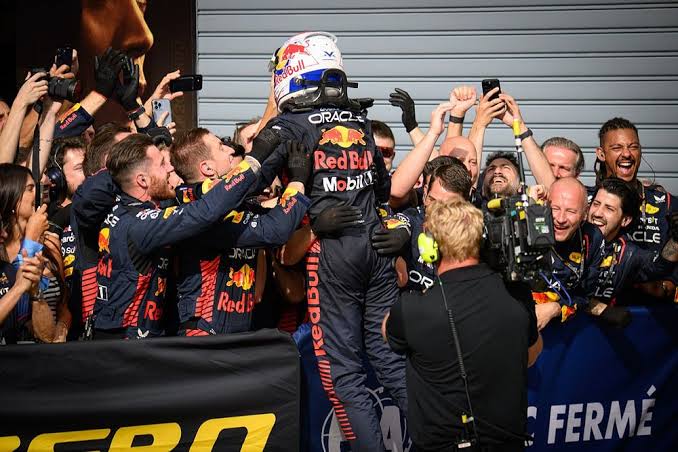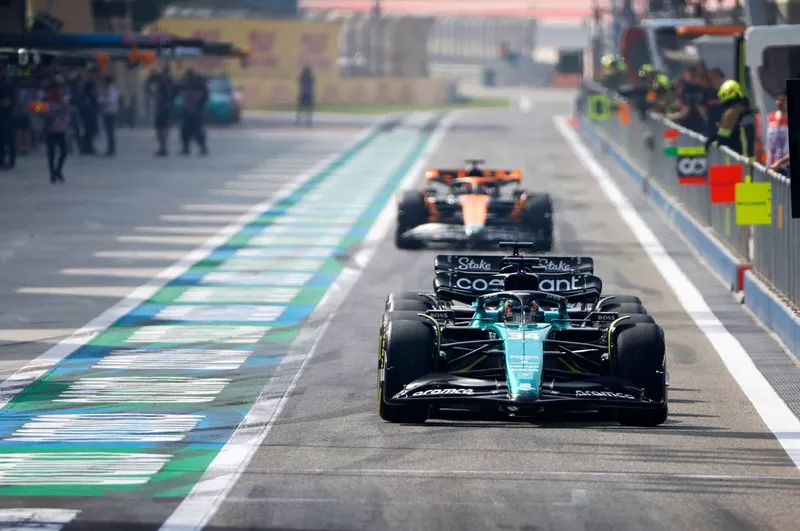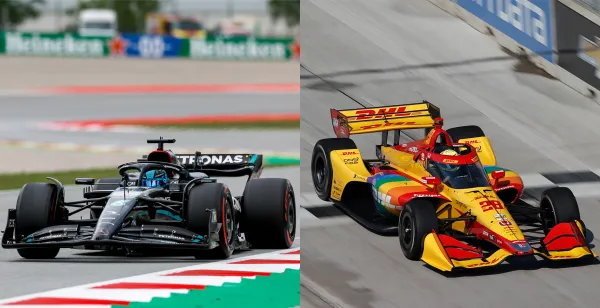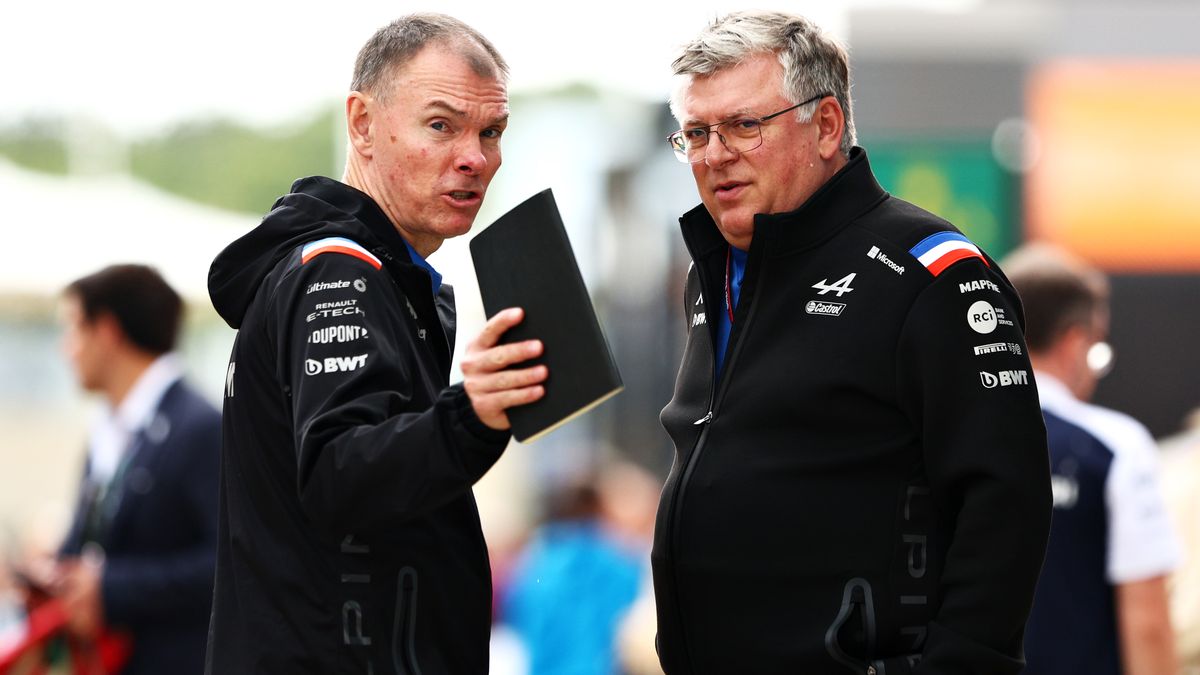What It Will Take To Host A Successful Indonesian Grand Prix
The prospect of hosting a Formula 1 (F1) Grand Prix in Indonesia has been gaining momentum, with the country aiming to join the prestigious racing calendar as early as 2026. This ambitious goal requires careful planning, infrastructure development, and strategic marketing.
To explore more about how F1 teams maintain their edge, see our article on F1 Team Strategies. In this article, we will delve into the essential elements necessary for Indonesia to successfully host a Grand Prix, focusing on circuit readiness, government support, and fan engagement.
Circuit Readiness: Meeting FIA Standards
Hosting an F1 event demands a circuit that meets the FIA’s Grade 1 standards. Currently, Indonesia’s most promising venue is the Mandalika International Street Circuit on the island of Lombok. This circuit has already been homologated to FIM Grade A standards for MotoGP and World Superbike events. However, to accommodate F1, it would need significant upgrades, including enhanced safety features and infrastructure improvements.
Key Upgrades Needed:
- Safety Barriers: Installation of more robust barriers to protect drivers and spectators.
- Pit Lane and Paddock: Expansion to accommodate F1 teams’ larger pit crews and equipment.
- Track Surface: Ensuring the track surface is durable enough to handle the high-speed and high-downforce nature of F1 cars.
Discover how circuit designers and engineers play a crucial role in optimizing track layouts for safety and performance at Circuit Design Innovations.
Government Support and Infrastructure Development
Government backing is crucial for securing the necessary funding and resources to upgrade the circuit and support infrastructure. The Indonesia Motorsports Association (IMI) has been working closely with the government to secure a spot on the F1 calendar for 2026. This includes not only circuit upgrades but also developing surrounding infrastructure such as hotels, transportation links, and spectator facilities.
Infrastructure Development:
- Accommodation: Building more hotels and resorts to accommodate the influx of visitors.
- Transportation: Enhancing airport facilities and possibly introducing high-speed ferry services from nearby Bali to Lombok.
- Spectator Facilities: Expanding grandstands and temporary seating areas to increase capacity.
Fan Engagement and Marketing Strategies
Engaging with local and international fans is vital for the success of any Grand Prix. This involves creating a buzz around the event through innovative marketing and branding strategies.
Marketing Strategies:
- Social Media Campaigns: Utilizing platforms like Instagram and Facebook to promote the event and engage with fans.
- Local Events: Hosting pre-event activities and festivals to build excitement among local communities.
- International Promotion: Partnering with global brands to promote the Indonesian Grand Prix worldwide.
Economic Benefits and Sustainability
Hosting a Grand Prix can have significant economic benefits for the host country, including increased tourism and job creation. However, it’s also important to consider sustainability and minimize the event’s environmental impact. This could involve using renewable energy sources for circuit operations and promoting eco-friendly practices among spectators.
Sustainability Measures:
- Renewable Energy: Implementing solar or wind power to reduce carbon emissions.
- Waste Management: Implementing efficient recycling and waste disposal systems.
- Community Involvement: Encouraging local communities to participate in sustainability initiatives.
To learn more about sustainable event management, see our article on Green Event Planning.
Cultural Integration and Community Engagement
Integrating the event with local culture and engaging the community are essential for creating a memorable experience. This can involve incorporating traditional Indonesian elements into the event, such as music, dance, and cuisine.
Cultural Integration:
- Traditional Performances: Hosting traditional Indonesian performances during the event.
- Local Cuisine: Offering a variety of local dishes at the circuit’s food stalls.
- Community Involvement: Encouraging local participation in event planning and execution.
Future Prospects and Challenges
As Indonesia moves forward with its plans, it will face several challenges, including competition from other potential host countries and the need to balance economic benefits with environmental concerns. However, the potential rewards are substantial, including increased international visibility and economic growth.
Future Challenges:
- Competition: Other countries may also be vying for a spot on the F1 calendar.
- Environmental Concerns: Balancing economic benefits with environmental sustainability.
- Economic Growth: Ensuring that the event contributes positively to the local economy.
To explore more about sustainable economic growth strategies for major events, see our article on Sustainable Event Economics.
International Collaboration and Learning
Collaborating with experienced F1 hosts can provide valuable insights and strategies for success. Indonesia can learn from countries like Singapore and Malaysia, which have successfully hosted F1 events in the past.
International Collaboration:
- Knowledge Sharing: Collaborating with experienced hosts to learn best practices.
- Technology Transfer: Adopting advanced technologies used in other circuits.
- Marketing Strategies: Adapting successful marketing strategies from other events.
Conclusion
Hosting a successful Indonesian Grand Prix requires a multifaceted approach, encompassing circuit upgrades, government support, fan engagement, sustainability, and cultural integration. By focusing on these key areas, Indonesia can not only secure its place on the F1 calendar but also create a memorable and impactful event that benefits both the sport and the local community.
In conclusion, hosting a successful Indonesian Grand Prix is an ambitious but achievable goal. By focusing on circuit readiness, government support, fan engagement, sustainability, cultural integration, and international collaboration, Indonesia can create a world-class event that benefits both the sport and the local community. As the country moves forward with its plans, it will be exciting to see how these elements come together to make the Indonesian Grand Prix a memorable and impactful event.



